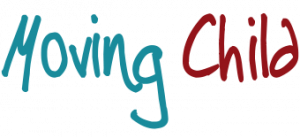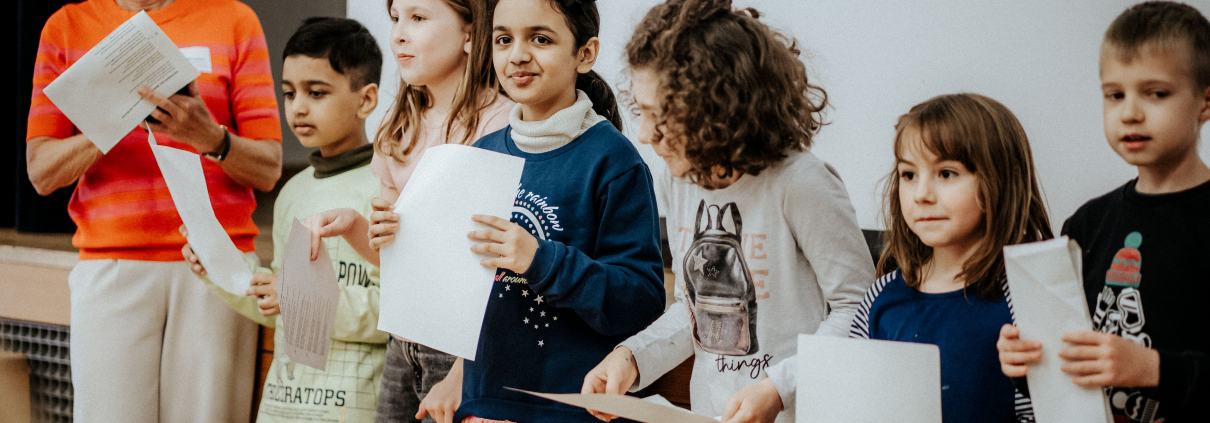Last year, we began sponsoring MainLichtblick e. V.. MainLichtblick used the funds to fulfill five very touching wishes and provide a ray of hope for children in need: a cargo bike for 1-year-old Fria, mobility for 14-year-old Nele, a communication device for 8-year-old Emilio, riding therapy for 6-year-old Ludwig and 7-year-old Lenni. The great joy and positive development of the children is wonderful to see.
The children at Morukutu Primary School in Namibia can finally sleep on real mattresses again. Thanks to the Outjenaho association – bright children’s eyes – which was able to realize the production and delivery of new mattresses in Namibia thanks to our donation, among other. So happy to see the beaming and grateful children with the new mattresses! A fantastic and important project!
The traditional May festival of the MiBiKids e.V. association recently took place at St. Georg Haus in Freising. Moving Child, around 130 MiBiKids and their families, group leaders, representatives from politics, supporters of the association, school management and teaching staff attended the party. Special highlights were the performances by the MiBiKids children, who expressed their linguistic talent in songs and stories. A very successful afternoon together!




